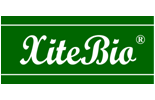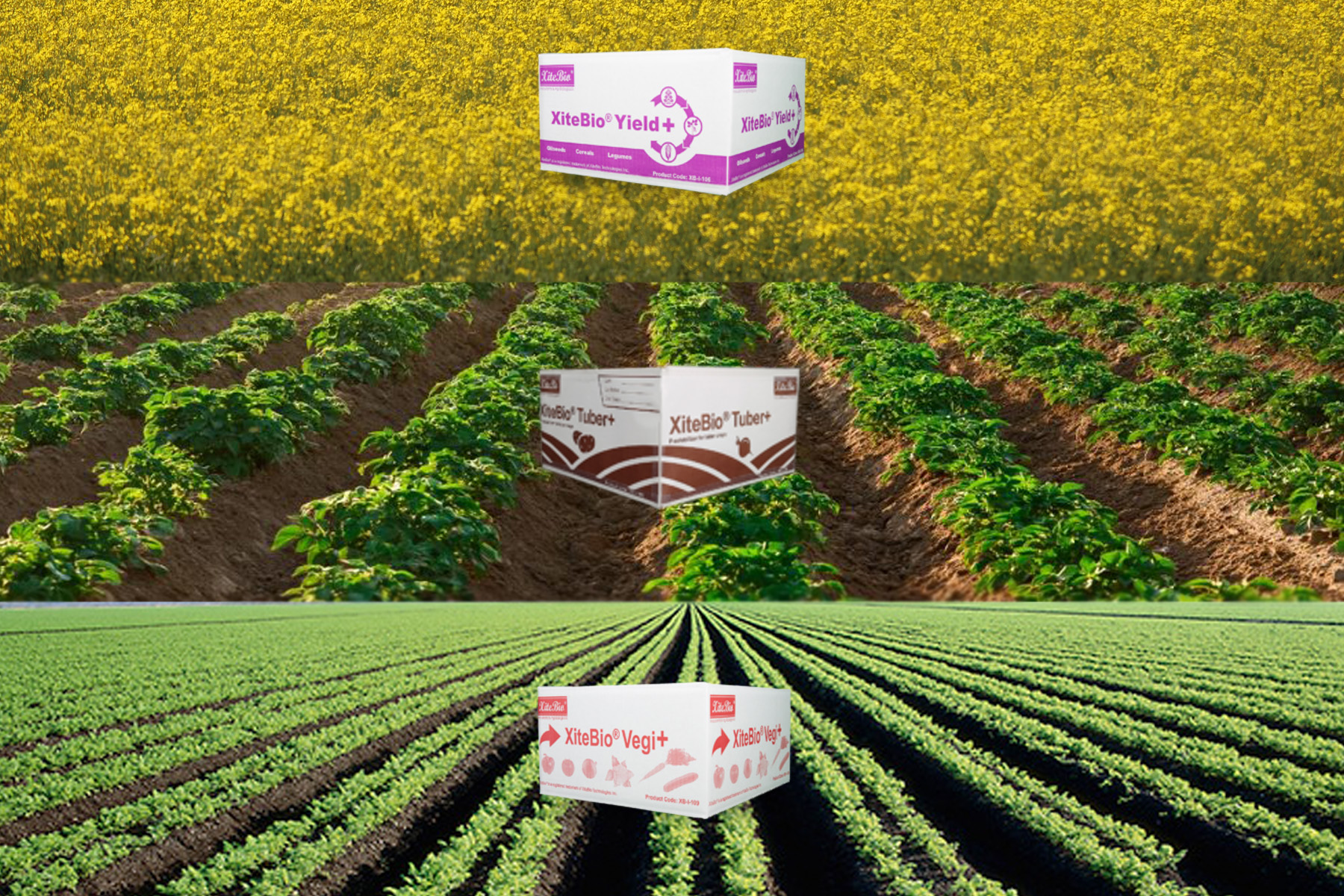As agriculture faces mounting pressure to produce more with less, biological inputs like microbial inoculants are stepping into the spotlight. In 2025, tiny allies such as bacteria, fungi, and other beneficial microbes are helping farmers improve yields, reduce synthetic fertilizer use, and build more resilient cropping systems. In this week’s edition of Growing Possibilities, we dive into the current inoculant market and how to navigate the sometimes confusing and clustered inoculant and ag-biological landscape.
Microbial inoculants, especially PGPR (Plant Growth Promoting Rhizobacteria), work by enhancing nutrient uptake, stimulating root growth, and improving stress tolerance. They’re particularly valuable in dryland and low-input systems, where every ounce of efficiency counts. PGPR shows promise in mitigating drought and salinity stress while boosting crop productivity (1).
In Canada, where sustainability and soil health are front of mind, inoculants are gaining traction in wheat, canola, and pulse production. Prairie growers are navigating a crowded ag-biological landscape, focusing heavily on Rhizobium-based nitrogen-fixing products (2). However, adoption isn’t without challenges. Field performance can vary due to soil conditions, formulation stability, and compatibility with existing inputs. That’s why researchers and ag tech firms are investing heavily in formulation science and delivery systems. There are now well over 350 companies innovating in this space, from startups to global giants (3).
As the biologicals market matures, the conversation is shifting from hype to proof. Growers are increasingly demanding data-backed solutions, pushing companies to validate performance through independent trials and clear agronomic evidence. This focus on transparency and consistency is helping separate “true” biologicals, those with verified microbial activity and defined modes of action , from “so-called” products that rely more on marketing than science. With global demand rising for sustainable inputs, analysts forecast the ag-biologicals sector to exceed $25 billion by 2030, led by microbial inoculants that deliver measurable gains in crop productivity and soil health (4).
For farmers, the appeal is clear: biology offers a path to lower input costs, improved soil health, and compliance with emerging sustainability standards. For ag retailers and advisors, it’s a chance to guide growers through a fast-evolving product category that blends science, stewardship, and profitability. As the industry moves toward climate-smart and regenerative practices, microbial inoculants aren’t just a niche; they’re becoming a cornerstone of the future farm.
At XiteBio® Technologies, our line of innovative PGPR-powered products, XiteBio® Yield+, XiteBio® Tuber+, and XiteBio® Vegi+ is designed to maximize nutrient uptake, increase stress tolerance, and promote stronger, healthier root systems. All of our products are also organically certified in Canada. To ensure Healthier Plants and Better Yields, contact one of our sales agronomists by visiting xitebio.ca or call 1-855-XITEBIO (948-3246).
References
- https://bmcmicrobiol.biomedcentral.com/articles/10.1186/s12866-020-1708-z?utm_
- https://www.saskatchewan.ca/business/agriculture-natural-resources-and-industry/agribusiness-farmers-and-ranchers/crops-and-irrigation/soils-fertility-and-nutrients/inoculation-of-pulse-crops?utm_
- https://www.mixingbowlhub.com/
- https://www.syngenta.com/agriculture/agricultural-technology/biologicals-in-agriculture?utm_


